Despite already being discovered by the British in 1592, it took until 1690 for the English sailor John Strong to set foot on the islands. He named the strait between the two main islands Falkland Channel after the treasurer of the Navy – Anthony Cary, the fifth Viscount Falkland. The same name was later given to all of the 200 islands that today make up the Falkland Islands. The name Malvinas, on the other hand, stems from sailors from the Breton coastal town of Saint-Malo – called Malouins – who settled on the islands in 1763. The islands did not remain in French possession for long, however, as they were handed over to the Spanish just three years later and taken over by Argentina in 1810, when the South American country waged its war of independence against the Spanish colonial empire.
From 1833 the United Kingdom asserted its claim to the islands by first establishing a naval base and later a colonial administration. The Falkland Islands have been the centre of territorial disputes between Great Britain and Argentina ever since, which in 1982 culminated in the two-month Falkland war. The short, yet bloody, conflict cost 900, predominantly Argentinian, lives. Since then, British soldiers have been stationed on the islands.
The possible discovery of large oil reserves in the islands’ waters in recent decades caused many Latin American countries to declare solidarity with Argentina. The South American nation’s unwavering claim to the Falkland Islands led to a referendum on the islands about their future political status. 99.8 percent of the electorate – 1535 people – voted for remaining with the United Kingdom, with only three voting against. So far, Argentina has not been willing to accept the referendum result.
However, the Falkland Islands should not merely be known as a political sticking point, but also as a paradise of nature. The magnificent natural habitat of the Islands was used by none other than naturalist Charles Darwin, who, in the 19th century, conducted two investigations into his evolutionary studies there. The tundra of the group of islands is home to 63 types of birds – among them, 65 percent of the world’s black-browed albatrosses – and 278 types of plant. Colonies of South-American sea lion, fur seal, and southern elephant seal breed on its coasts. But the greatest colony of animals on the islands are five different types of penguins that make up a total of multiple millions of animals. It is, therefore, no coincidence that the local weekly newspaper is called “The Penguin News”. It is also not hard to believe the islanders’ claim that most of the world’s pictures of penguins are taken here.
The best time to visit the Falkland Islands is during the Antarctic summer, between December and February. Not only is this time of year the warmest – 8°C to 12°C, as opposed to the yearly average of 5°C – but this is also when the islands’ nature is at its best. If you want to have the magical experience of lying at the beach surrounded by penguins, it is best to wait until March, when the penguins leave the beaches to undertake the long journeys to their breeding grounds across the sea. This yearly spectacle has been beautifully captured in the 2006 Oscar-winning documentary “March of the Penguins”, which was predominantly filmed on the islands.
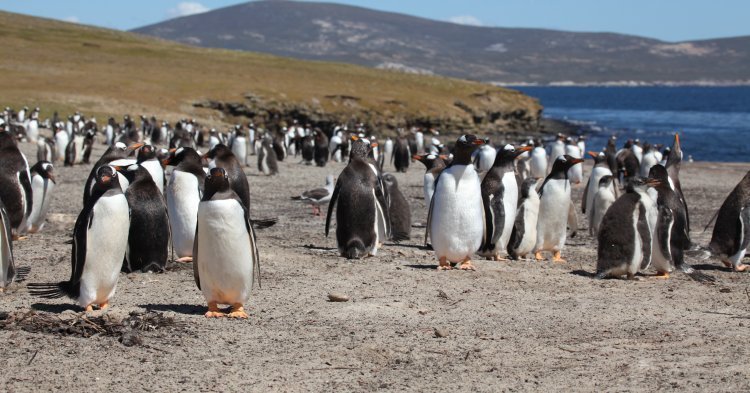

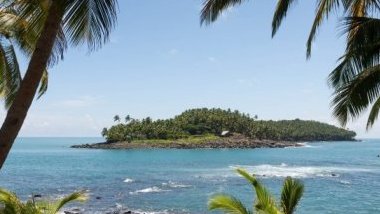
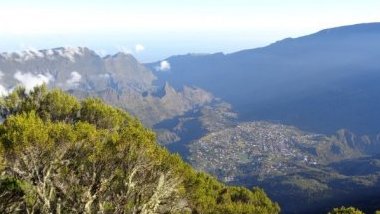
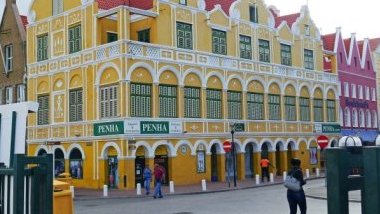
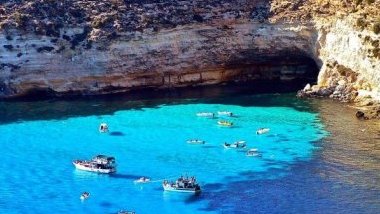
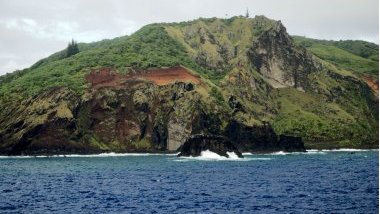
Follow the comments: |
|
